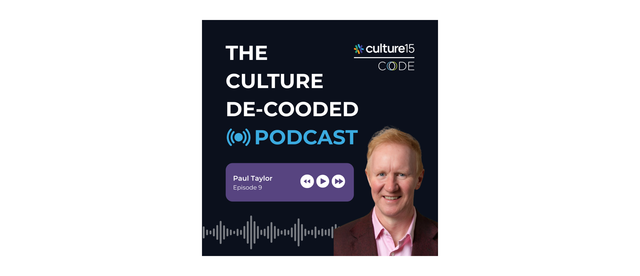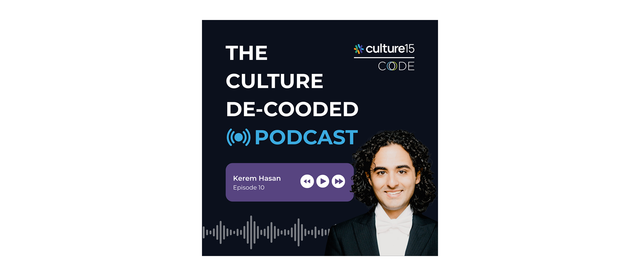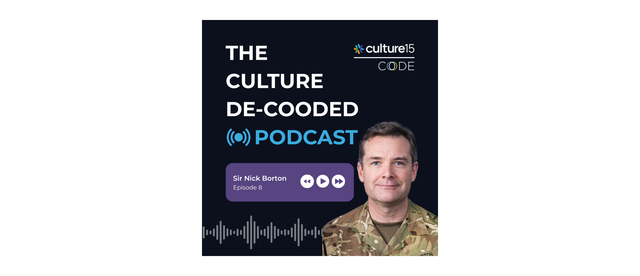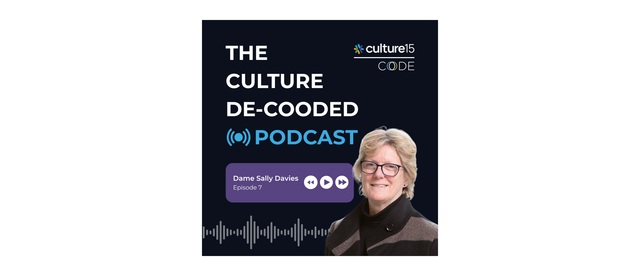In this episode Paul shares his experiences of the AI and tech industry and discusses being acquired by google and the importance of building and nurturing culture.
Before founding Thought Machine, Paul successfully launched two companies, the second of which was acquired by Google in 2010. At Google, he led the text-to-speech team, which developed the cutting-edge technology that is now found in all of Google's navigation and voice search products. Paul holds a PhD in AI and has held teaching positions at Edinburgh and Cambridge Universities.
Paul highlights how explicit and intentional the team at Thought Machine are when it comes to culture, and as such they have a set of core principles which guide it, inspired by Google.
He touches on the importance of work ethic, and the encouragement of certain behaviours in building a productive and inspiring culture, as Thought Machine encourage all employees to facilitate debates and be “do-ers”.
This episode is packed with insight, anecdotes and advice for all listeners looking to learn more about culture, AI and business.
Chapters
00:00:00-Introduction to Paul Taylor
00:01:45-About Thought Machine
00:03:31-Modernising banking infrastructure
00:07:47-Thought Machine bridging the gap between challenger and legacy banks
00:10:58-Shaping culture at Thought Machine
00:17:03-"The problem with company values"
00:19:18-Maintaining culture in a growing organisation
00:20:39-"Good cultures get owned by people, who replicate it and buy into it"
00:25:28-Lessons from Google and other ventures
00:36:16-Deep dive into AI
00:42:11: "You can do simple things very well, and build a great buisness"
00:43:11-Reflections on leadership & Entrepreneurship
00:49:30-Closing questions
00:52:03-Pauls career journey as a song
Alternative Platforms:
Culture15 is your complete toolkit for tracking culture change. CEOs and Exec Teams at world-leading organisations use Culture15 analytics to ensure success by aligning their culture with what they need to execute their strategy. If you’d like to find out how to define the culture you need, diagnose the culture you have and close the gap, talk to our team



